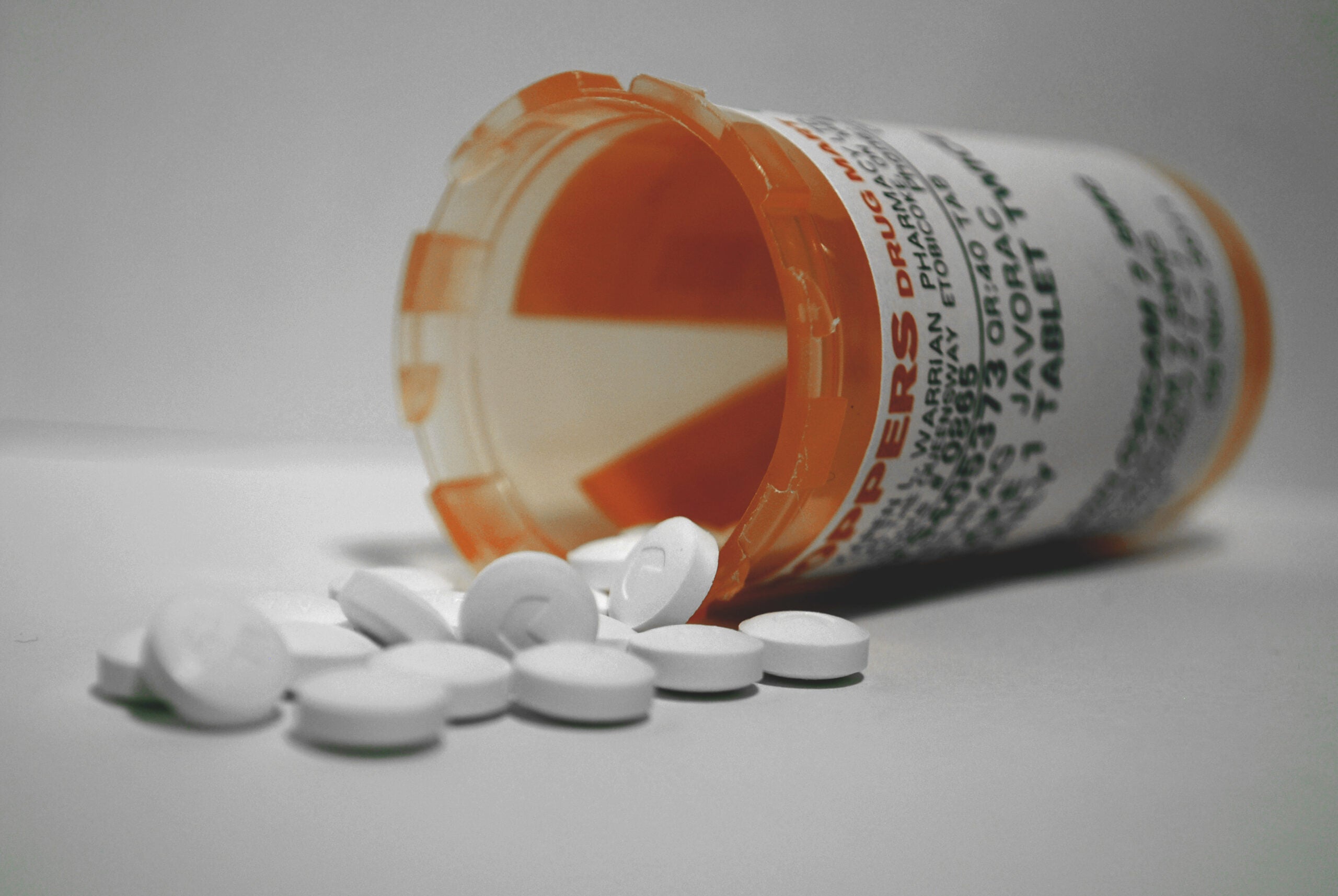Depression is a recurrent disorder affecting millions of people. By some estimates, 5 percent of the population suffers from it at one time or another.
For some it’s a one-and-done episode, but for others it happens over and over again. And while drugs have monumentally changed many people’s lives for the good, they have side effects.
The first-generation group of drugs, called tricyclics, cause dry mouth and sleepiness. The next generation, the SSRIs (selective serotonin reuptake inhibitors), can cause ejaculatory dysfunction in men, including difficulty getting an erection or keeping it long enough to “finish.” A similar type of orgasmic dysfunction can occur in women.
Stay informed on the latest news
Sign up for WPR’s email newsletter.
Psychotherapy is an excellent non-drug treatment that works for many. The old-fashioned Freudian psychoanalysis has not been shown to have any effect at all, while the relatively new kid on the block, cognitive behavioral therapy, has been found to be quite useful. A good psychotherapist can do wonders.
And, according to new research published in the journal the Lancet, mindfulness therapy might also be quite useful.
Here’s the scoop: Nearly 500 patients with long-term depression who were on medications for years were divided into two groups. One group continued on their meds just as before, and the other group dropped their meds and started MBCT — Mindfulness-Based Cognitive Therapy — a structured training for the mind and body in which people are encouraged to change the way they think and feel about their life and their experiences, and also how they look at their ups and downs.
This therapy teaches people how to “constructively” face their feelings and how to calm their mind when it’s agitated. This is not a one-and-done session — it’s not something that’s learned immediately.
With the research group, there were eight two-hour sessions, and everyone was given homework. Participants also were offered four follow-up sessions over the next year.
Both groups were followed for two years. The results showed that mindfulness therapy was just as effective as medications. This non-drug approach took more time and more training, but it was just as effective as medication. Good news.
Now, I don’t recommend that anyone who is reading my muses stop their medication. If you’re on drugs and want to toss them, it’s important to do it the right way — under supervision. Some shouldn’t stop them at all, while others have to do it on a gradual reduction basis so they don’t have a rebound.
My spin: Too many people view depression as a character flaw, something you can just get over — stiff upper lip and all, or “just get on top of it and you’ll be OK.” This outmoded view is still far too common in our society.
The benefit of this study is that it may give you a concrete way of approaching your problem in a non-drug format. For many, this is something that’s easier to swallow than Prozac. Stay well.
Wisconsin Public Radio, © Copyright 2025, Board of Regents of the University of Wisconsin System and Wisconsin Educational Communications Board.





